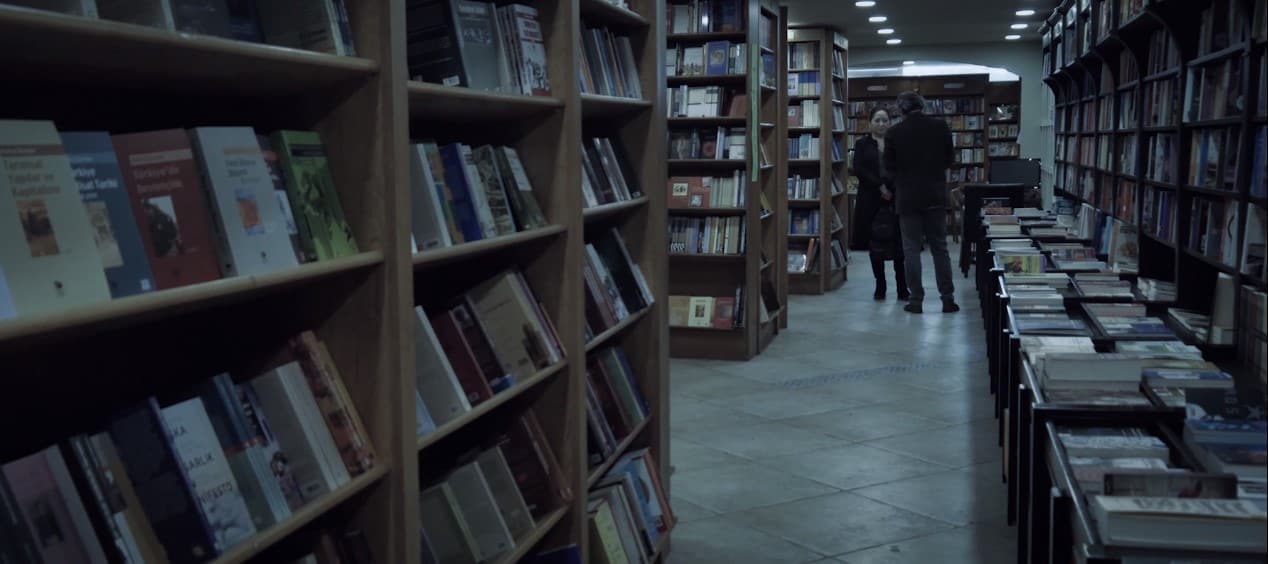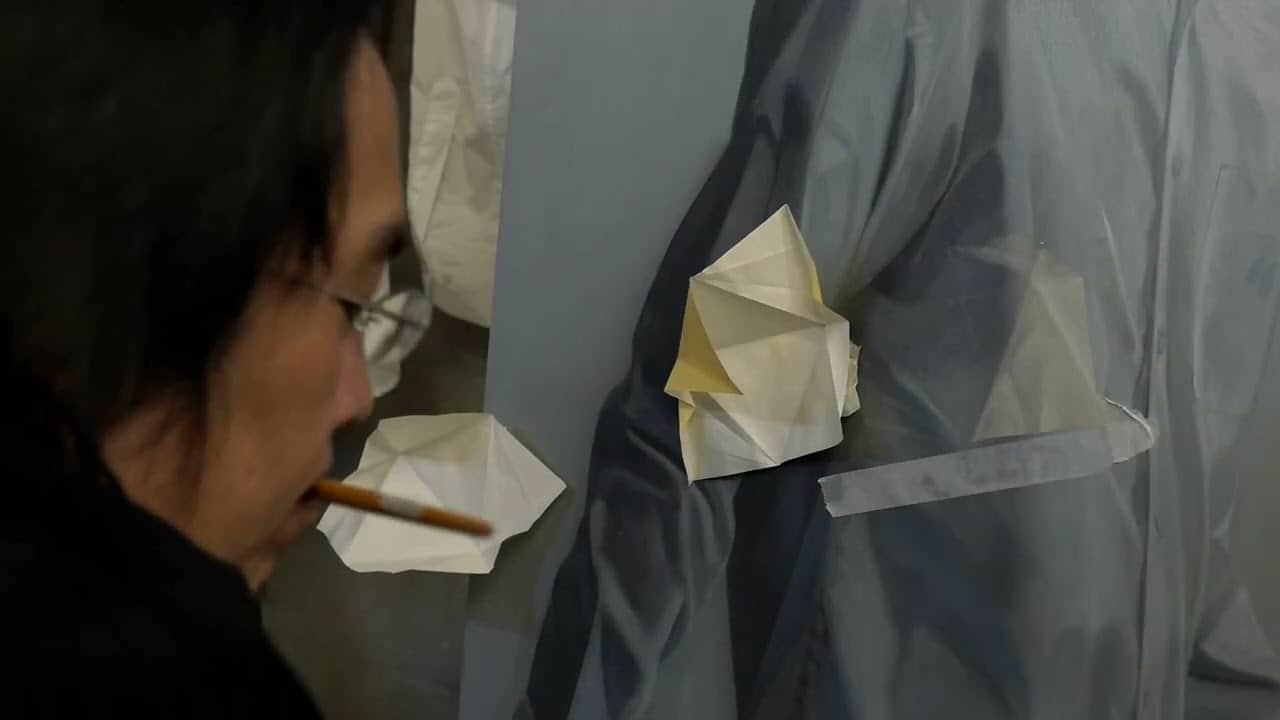“What kind of future, if any at all, can we picture?” It is the question posed by Yutaro Nakamura at the beginning of his latest release and, depending on the lens you view his slice-of-life flick from, is a question that remains as vague and contemplative as it first appears. Nakamura's “A New Wind Blows” is put together through a series of vignettes, the nature of which remain obscure, but nevertheless is enticing viewing, showing a world of endless possibility and eccentric freedom.
A New Wind Blows Is Screening at Osaka Asian Film Festival

Proceedings open with a young man striking a football against a wall in robotic repetitiveness, wholly content with his own company and unhindered by the monotony of his actions. Then, when two charismatically naive students attempt to involve themselves in his world by taking the ball and starting a game, he cries, even when his football is returned to him. As it turns out, this will not be the last time the three meet, with all of their paths crossing again a decade later on a very strange New Year's Eve night.
Now, though, the circumstances are entirely different. The unstable footballer, Takaya (Takaya Shibata) is living with his partner Anzu (An Ogawa), whilst the two students who encountered the former on a sunny day have missed their last train and find themselves, together with a friendly person of short stature Kotaro (Yutaro Nakamura), needing to stay at the couple's cramped apartment. Things take their course, both naturally and hastily, and it is only the day after when the true gravity of the situation sets in.
Once one has moved past the seemingly mundane opening half of “A New Wind Blows”, it quickly becomes apparent that this is a rather astute, smart piece of cinema. Layered in a subtle ambiguity which throws the zany narrative direction into question, it jolts through its second portion seamlessly, picking up the fun and leaving the audience, just like Kotaro and Hikari (Hikaru Saiki), completely exhausted. That is no knock, however, but rather proof that in carefully developing his characters, Nakamura ends up with a narrative syringed with weird and wonderful personalities, all of whom are still at odds with the world around them.
Continuing, it is to the film's credit that despite its rather restrained, small-scale production value, nothing about the 68 minutes feels unambitious or boxed in. Instead, Nakamura smartly uses his everyday locations to tell part of the overarching story, or at the very least, punctuate something already told. It is consummate directing, and the type which comes off as self-assured and considered.
Acting wise, despite the rather eccentric narrative direction of the second half, the majority of the performances retain a sense of grounded relatability. Hikaru Saiki excels in that regard, with her good-natured personality warming the screen in her depiction of Hikari. Meanwhile, director Yutaro Nakamura is particularly good as Kotaro, an affable man who is perceptive of the world he lives in, and highly considerate of others. He understands the breakdown of Takaya and offers a no-judgement haven for the broken man, whilst also protecting his romantic interest and never breaking away from his friendly persona when it comes to the other members of the ensemble, some of whom are morally murky.
Technically, the grainy hues and warm colourisation give the movie a welcoming feel, whilst the cramped apartment scenes give a palpable sense of claustrophobic juvenility. It is a great contrast, then, when the outdoor world becomes a place of unabating freedom, and one which does not look down on those who are different.
“A New Wind Blows” is an occasionally thought-provoking effort which raises a lot of important questions. How we take the narrative, given it could be a figment of imagination, is one thing, but the overriding sense of uncluttered liberation at the apex is something which will strike a chord with viewers regardless.















